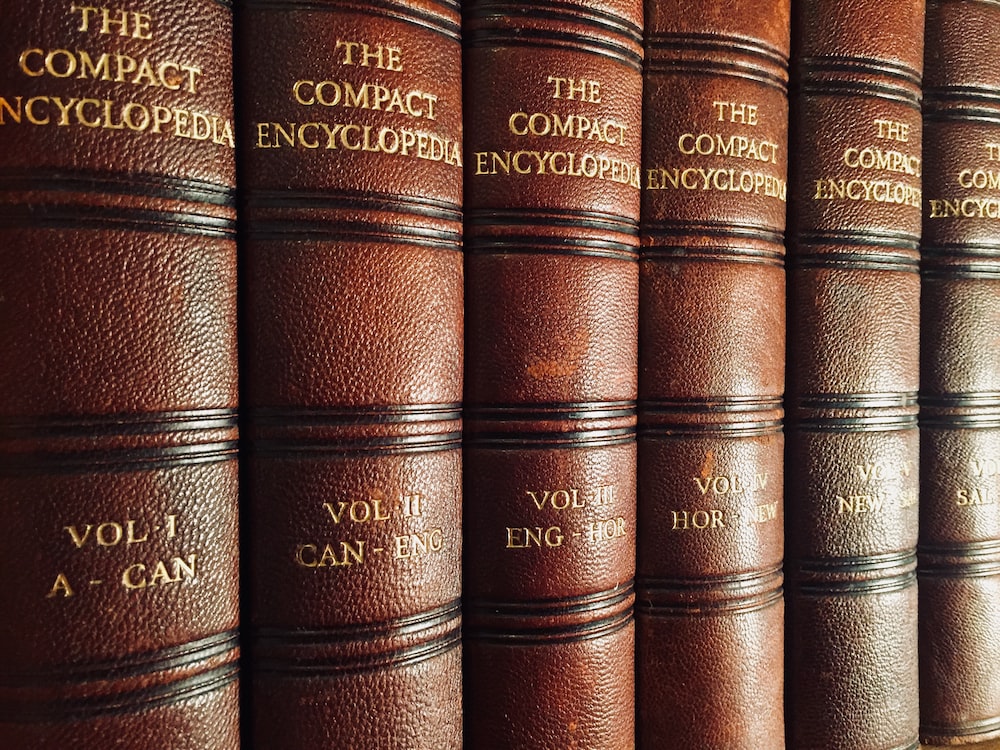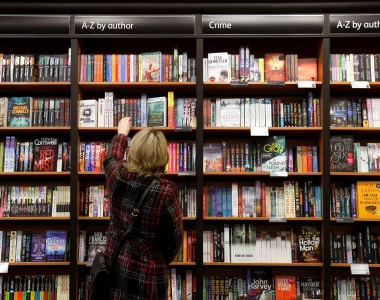
I. Introduction
In an age dominated by instant access to information, the art of reading encyclopedias persists as a timeless endeavour. This comprehensive exploration delves into the historical significance, cognitive benefits, and unique pleasures associated with immersing oneself in the vast expanse of knowledge encapsulated within the pages of encyclopedias.
II. The Historical Tapestry of Encyclopedias
A. Origins and Evolution
The concept of encyclopedias dates back to ancient civilisations, where scholars compiled compendiums of knowledge. The term “encyclopedia” itself finds its roots in Greek philosophy, reflecting the ambition to encompass a complete circle of knowledge. Over the centuries, encyclopedias evolved from handwritten manuscripts to meticulously printed volumes.
B. Milestones in Encyclopedia Production
The 18th and 19th centuries witnessed the publication of influential encyclopedias such as Denis Diderot’s “Encyclopédie.” These works marked milestones in the dissemination of knowledge, with contributors spanning diverse fields and disciplines.
III. The Cognitive Benefits of Reading Encyclopedias
A. Comprehensive Learning
Reading encyclopedias offers a holistic approach to learning, providing a comprehensive overview of various subjects. From science and history to literature and the arts, encyclopedias serve as repositories of distilled knowledge.
B. Vocabulary Enrichment
Encyclopedias expose readers to a rich tapestry of vocabulary. The specialised terminology used in various fields enhances linguistic skills and contributes to a nuanced understanding of academic and technical language.
C. Critical Thinking and Research Skills
Navigating the interconnected entries in an encyclopedia fosters critical thinking and research skills. Readers learn to cross-reference information, discern credible sources, and develop a systematic approach to gathering knowledge.
D. In-Depth Exploration
Encyclopedias provide an opportunity for in-depth exploration of specific topics. The detailed articles, often written by experts in their respective fields, enable readers to delve into subjects with a level of detail not always found in other sources.
IV. The Pleasures of Reading Encyclopedias
A. Serendipitous Discoveries
One of the unique joys of reading encyclopedias lies in the serendipitous discoveries that unfold. While seeking information on one topic, readers often stumble upon fascinating details and connections that spark curiosity.
B. Visual Appeal
Encyclopedias are not merely repositories of text; they are visual treasures. Richly illustrated entries, maps, and diagrams enhance the reading experience, making the acquisition of knowledge a visually engaging journey.
C. Sense of Accomplishment
Completing the reading of an encyclopedia, even in part, provides a profound sense of accomplishment. It is a testament to the reader’s commitment to lifelong learning and intellectual curiosity.
V. Encyclopedias in the Digital Age
A. Digital Encyclopedias
The digital age has ushered in a new era for encyclopedias. Online platforms and digital encyclopedias, such as Wikipedia, offer instant access to a vast reservoir of information. However, they also raise questions about credibility, information accuracy, and the future of traditional print encyclopedias.
B. Augmented Reality and Interactive Features
Some modern encyclopedias leverage technology to offer augmented reality experiences and interactive features. These enhancements aim to make the learning process more immersive and accessible, especially for younger generations.
C. Challenges of Information Overload
While digital encyclopedias provide unparalleled accessibility, they also present challenges of information overload. Navigating the vast sea of online information requires discernment and critical evaluation of sources.
VI. Cultivating a Habit of Reading Encyclopedias
A. Establishing Reading Goals
Cultivating a habit of reading encyclopedias involves setting reading goals. Whether aiming to explore a specific volume or dedicating time to daily entries, establishing clear objectives enhances the reading experience.
B. Thematic Explorations
Readers can embark on thematic explorations within encyclopedias. Choosing a specific topic, such as ancient civilisations or scientific breakthroughs, allows for a more focused and immersive reading experience.
C. Group Explorations and Discussions
Reading encyclopedias can be a communal experience. Forming reading groups or engaging in online discussions provides a platform for sharing insights, posing questions, and collectively exploring the depths of knowledge.
VII. The Future Role of Encyclopedias
A. Preservation of Knowledge
Despite advancements in digital technology, the role of print encyclopedias in preserving knowledge remains significant. The tactile experience of flipping through pages and the longevity of printed volumes contribute to the enduring value of physical encyclopedias.
B. Integration of Multimodal Content
The future of encyclopedias may involve the seamless integration of multimodal content. Incorporating video, audio, and interactive elements could enhance the learning experience, especially for younger audiences accustomed to multimedia engagement.
C. Continued Relevance in Education
Encyclopedias will continue to play a vital role in education. Their use as foundational references in schools and universities ensures that future generations have access to a curated and reliable source of information.
VIII. Conclusion: Nourishing the Mind through Encyclopedia Exploration
In conclusion, reading encyclopedias transcends the simple acquisition of facts; it is a journey of intellectual exploration, cognitive enrichment, and the joy of discovering the interconnectedness of knowledge. From the printed volumes that grace library shelves to the digital repositories accessible at our fingertips, the world of encyclopedias invites readers to unveil worlds, one entry at a time. In embracing this art, we not only celebrate the heritage of accumulated knowledge but also actively contribute to the ongoing narrative of human understanding.


